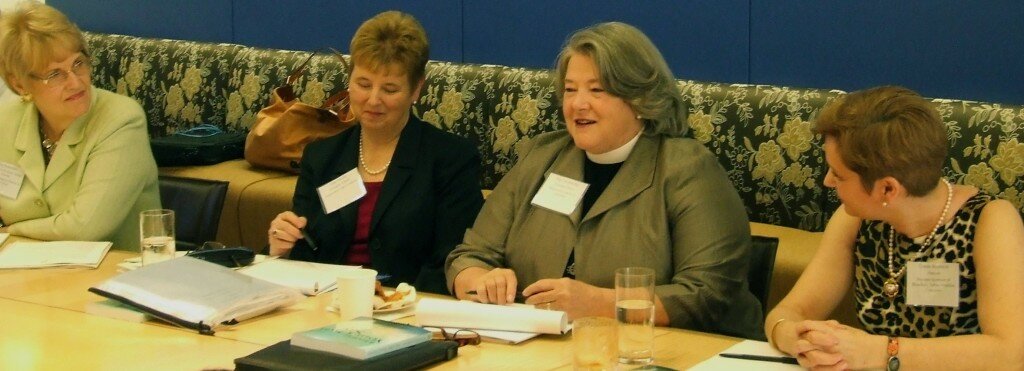Faith Leader Summit: Faith Leader Perspectives
On March 23 2012 C-TAC hosted a diverse group of leaders from the traditions of Islam, Judaism, and Christianity to explore partnerships in improving care for people living with advanced illness. The discussion – ranging from dignity and justice in caring for the elderly to care models at work in the interfaith community – laid an excellent foundation for the work of C-TAC’s InterFaith Workgroup moving forward.
You can find out more about participants’ thoughts on the day and the faith-based initiative below.
Sheik Hassan, MD, FCCP, Senior Associate Dean for Academic Affairs, Howard University College of Medicine
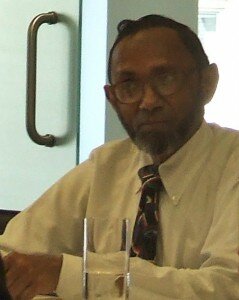 Having served with the Islamic Society of North America and Islamic Medical Association of North America (past president and past chair of the Board of Regents of the latter), I’ve had the opportunity to see the unique ways medicine and Islam can intersect.
Having served with the Islamic Society of North America and Islamic Medical Association of North America (past president and past chair of the Board of Regents of the latter), I’ve had the opportunity to see the unique ways medicine and Islam can intersect.
Right now there is a mix of people in the interfaith community but there is no formal identity to help them organize and bring a collective voice to advocate for action. C-TAC can help bring some formal organization and identity to members of the interfaith community who are already working on improving care for people with serious illness.
I have a strong conviction that C-TAC will give Muslims the opportunity to engage in a critical issue – often Muslims are not involved enough in dialogues regarding large, societal issues as they should be.
Kay Kallander, RN, MBA, Senior Vice President of Strategic Planning, American Baptist Homes of the West
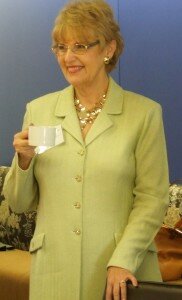 One of the takeaways I appreciated so much was Brad Stuart’s presentation when he was talking about…the beginning of illness, and sort of the midpoint, and then the end of illness—and that we spend most, if not all, of our money on the two ends. And there’s a huge middle ground that is not attended to, and my belief is the work that we are doing here will begin to address that…
One of the takeaways I appreciated so much was Brad Stuart’s presentation when he was talking about…the beginning of illness, and sort of the midpoint, and then the end of illness—and that we spend most, if not all, of our money on the two ends. And there’s a huge middle ground that is not attended to, and my belief is the work that we are doing here will begin to address that…
I really love the concept of the four work groups. And the thought that we can weave the faith based efforts, the spiritual efforts, within all of them, whether it’s related to education, whether it’s related to advocacy. I think there’s a place for our faith, our spiritual life to touch all of that…we saw all of these work groups have evidence of the work of this particular Workgroup
Rev. Canon Peg Chemberlin, Executive Director, Minnesota Council of Churches; Immediate Past President, National Council of Churches
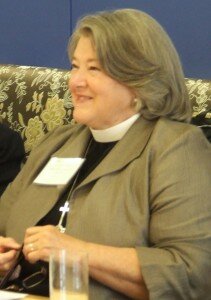 At my age, with my parents’ age that they are, and my friends battling diseases that I didn’t know 20 years ago, this is a very personal issue for me. But I find everybody’s got this personal issue in their life, and it’s certainly one that the broader community, the whole community is wrestling with…
At my age, with my parents’ age that they are, and my friends battling diseases that I didn’t know 20 years ago, this is a very personal issue for me. But I find everybody’s got this personal issue in their life, and it’s certainly one that the broader community, the whole community is wrestling with…
I’m pleased that the faith community—and that spiritual issues—are being integrated into the work here and that it is certainly being recognized. I’m really quite astounded at the way in which those issues are being recognized within C-TAC. Sometimes the faith community has to fight for our place at the table. I’m very excited that that’s not the case here.
In thinking about why the faith community is so important in transforming advanced care, Pastors and lay leaders need to be involved because they are there at the bedside, providing that kind of direct service to those that are in need of advanced care — but we’re also, in many ways, the places where that kind of education and discussion happens because they are issues of deep values…
Rev. Dr. John Mendez, Pastor, Emmanuel Baptist Church in Western Salem, NC
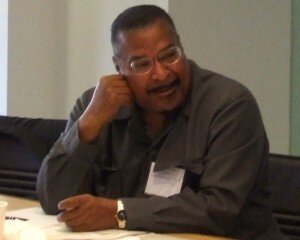 I’ve been a pastor for over 30 years, and that’s one of the hats I wear. The other is that I’m a trained I really enjoyed the discussion and learned a lot — to be in that meeting with such a diverse group of people with such a diverse group of experiences was just really gratifying.
I’ve been a pastor for over 30 years, and that’s one of the hats I wear. The other is that I’m a trained I really enjoyed the discussion and learned a lot — to be in that meeting with such a diverse group of people with such a diverse group of experiences was just really gratifying.
In our own church, we have a lot of interesting ministries that attempt to address illnesses as well as give support to caretakers, on the one hand, and to intervene in situations where there’s been a death within a family.
But being part of this meeting I realized there’s so much more that can be done to bring a sense of comfort to these families but also to make people aware — because I think that educational aspect is so important. People should be aware of what opportunities are available to them and to develop certain skills to meet the needs of their loved ones who become sick, whether they become elderly or in fact even middle age or young.
You can read C-TAC participants’ reflections from the event and suggestions for next steps here. To find out more about the Interfaith Workgroup, its work within C-TAC, and how you can become involved, please email: [email protected].

